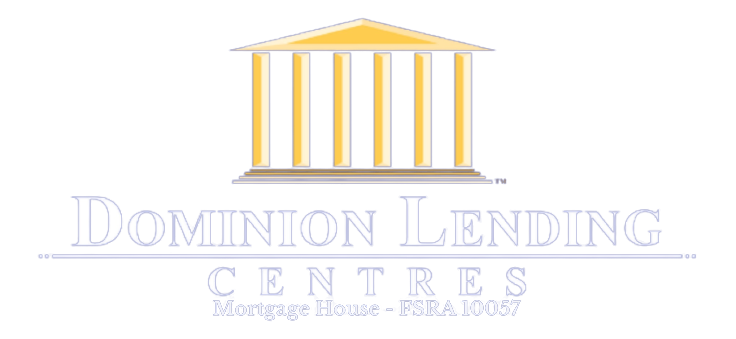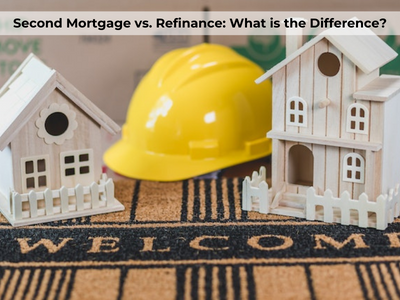Every time you make a payment to your mortgage, you gain a specific amount of equity in your property. You can then use this equity to borrow money in case you need additional funds.
How do you tap your home’s equity? Better yet: which option is the most appropriate for you?
There are a lot of mortgage products available in banks and in other lending institutions; however, in this article, we will just talk about second mortgages and refinance.
Second Mortgage Defined
A second mortgage is a type of mortgage you can take out in addition to your first mortgage. (NOTE: You can take out a second mortgage with your current lender or with an alternative lender.)
To qualify for a second mortgage, you need to have at least 20% equity in your property. When you get a second mortgage, you still need to pay your primary mortgage aside from the second mortgage you would acquire. This means you have to pay two different mortgages every month.
Getting a Second Mortgage
Obtaining a second mortgage is the same as how you obtained your first or primary mortgage.
There are two major types of second mortgage you can choose from:
- Home Equity Loan – is a type of the second mortgage you can borrow against your home’s equity with a lump-sum payment at a fixed monthly interest rate.
- Home Equity Line of Credit (HELOC) – is a type of the second mortgage that is available at variable rates. They are a revolving source of funds that is similar to credit cards and you can withdraw the amount you need during the “draw period” (as long as your line of credit is still open) and can be used for anything and at any time.
However, choosing a HELOC method is best suited for the long term as it usually has a variable interest rate based on the fluctuations of an index such as the prime rate.
(NOTE: Prime rate is the interest rate charged by banks to creditworthy clients.)
If you are to get a second mortgage and are having doubts about what type to choose then we suggest speaking to a professional mortgage adviser for a further primer on these.
Refinance Defined
You are trading your primary mortgage for a new one when you refinance your house. The process is still the same and you still need to accomplish the same set of mortgage documents and sign your mortgage agreement to have your refinancing approved.
In this option, you will only have to pay only a single amortization every month. This will lessen the risk to your lenders or credit unions because you are settling your first mortgage while acquiring a refinance unlike with a second mortgage that obliges you to do two separate monthly amortizations.
It’s A Toss Coin, Folks!
Before choosing which type of second mortgage fits your requirements better, you have to consider your financial situation beforehand.
Simply put, the more funds you have in your account, the more options available for you to feel around between HEL (home equity loan) and HELOC (home equity line of credit).
Your second mortgage allows you to get another mortgage on top of your previous one. Your refinance, on the other hand, allows you to gain access to your equity without adding another monthly payment. However, you are required to pay for the closing costs to finalize your new mortgage.
We suggest that you follow our home mortgage tips so that you will be in the know of the best type of mortgage to apply for.
Final Thoughts
Choosing the right mortgage will depend on your financial circumstances. Having the right knowledge and asking advice from a professional mortgage adviser will help you decide which one better suits your needs.
It is also important to consider what your credit score is prior to getting your second mortgage or refinance application processed. This way, you come out financially clean and risk-free in the eyes of your lenders and/or creditors.
We are your trusted mortgage and credit solutions experts and have access to more than 90 lenders including the largest banks, credit unions, trust firms, and financial institutions in and around Canada.
We help in resolving your issues regarding your mortgages, finances, taxes, and other loan-related transactions that impact your financial credibility.
Feel free to call (416) 825 0142 or send an email to faizal.garasia@dominionlending.ca to learn more.




